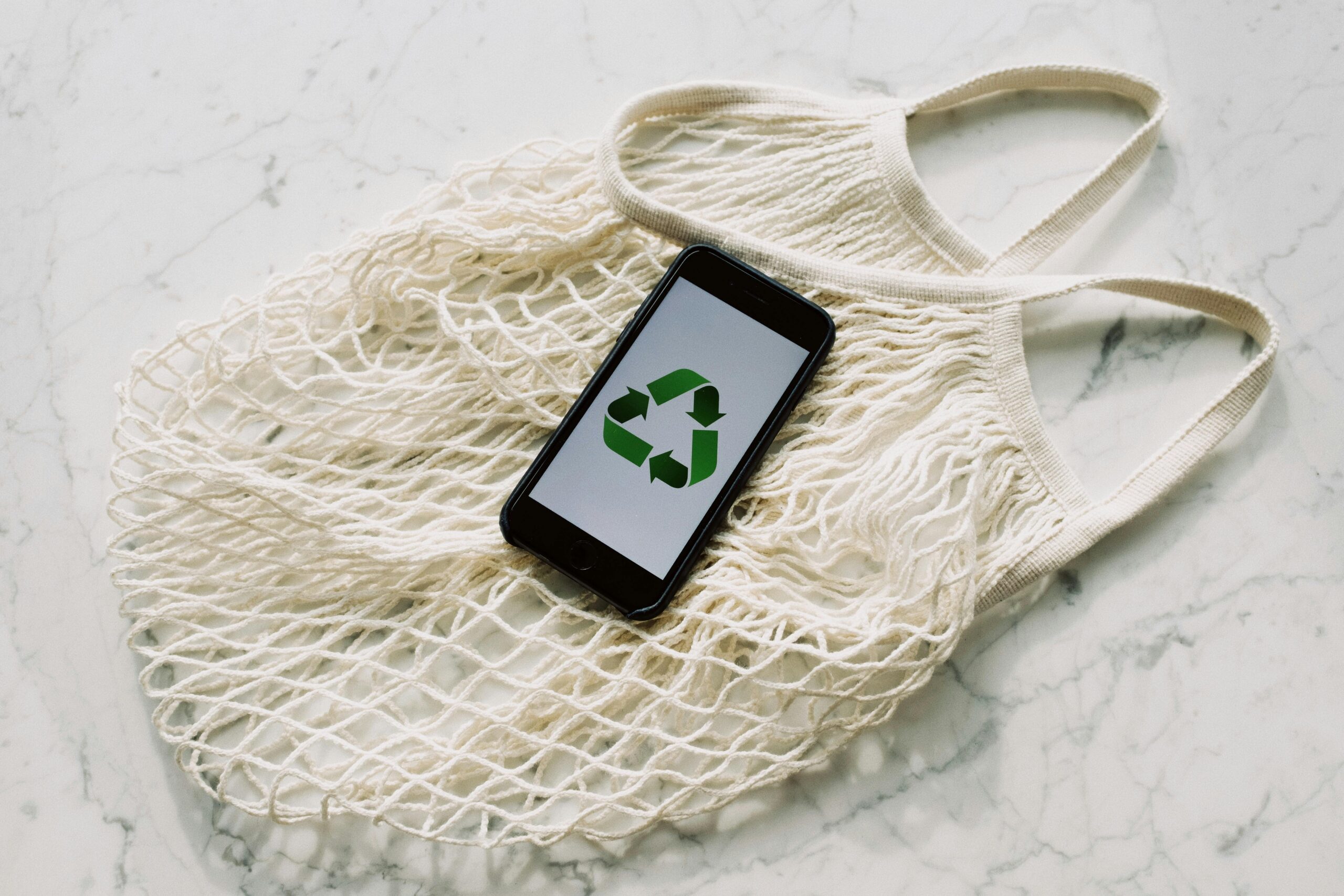ZERO wastage seems like a mammoth task for many – the term itself creates that intimidation. Don’t worry, by zero waste we all mean close to zero waste. To be part of the sustainable movement is surprisingly pocket-friendly and easily implementable, it just takes dedication towards the cause.
Start by observing the amount of trash that you generate in a day – this might inspire you to reduce what you throw away with just a few adjustments.
Here are five easy steps that all of us can adopt to be able to combat climate change, encourage ‘giving back’ and bring about social equity in our community.
1. Swapping or donating clothes
When you feel like you need a change in your wardrobe, instead of shopping organise a meet-up of friends who are willing to exchange clothes. We all did this as roommates – why not make this a habit for life? You get a new set of clothes at zero cost and zero waste.
You can also donate your clothes to the underprivileged but make sure these are not torn or throwaway clothes, but the kind that you wouldn’t mind giving a friend.
2. Reuse and say NO to single-use plastic
With 18 Indian states having imposed a complete ban on the sale, use and manufacture of plastic bags, hopefully you have an array of reusable cloth bags to take with you when you go shopping. This could be your contribution to stop the oceans from choking.
Avoid plastic straws or even paper straws. Try drinking without a straw or you can always get yourself a metal straw and carry it with you whenever you need to.
Also, when you dine out in a restaurant don’t forget to take a reusable box – instead of asking them to parcel your leftovers, you can take it home in your box and enjoy it later.
3. Reduce food waste, start composting
Before buying more food or ordering ready-to-eat meals, check what you have at home. Ensure you finish the perishable foods before buying more. Maybe you can use the refrigerator less often and donate the surplus cooked food to those in need.

Many NGOs collect excess food and distribute it to the hungry or you can also look for public fridges in your neighbourhood and place the food there.
As for the unavoidable kitchen waste, you can try composting and use it to feed your houseplants.
4. Let’s go back to handkerchiefs!
Many people in metro cities use tissues extensively on a daily basis. Replacing them with the forgotten personal cloth towels or handkerchiefs can go a long way in reducing unnecessary waste. Or, from those few takeaways that you get when you’ve no food at home or no time to cook, save the paper napkins they always come with, and use those if you need to and put them to more judicious use.
5. Switch to reusable pads and diapers
Every year 12.3billion sanitary napkins are disposed in India. This can now be tackled by switching to affordable, chemical-free alternatives.
While a baby needs about 5,000 disposable diapers till they are potty-trained, diapers take between 500-700 years to decompose and are choking our landfills. Plus they are expensive and the chemicals used in them can be harmful for babies. Instead, using a cloth diaper is a cheaper, sustainable and a safer alternative – and there are now many choices in the market.
So let’s take a pledge to go ZERO waste with SMALL changes to make a BIG impact!
(This blog, first posted in 2019, was edited in June, 2025)
Give mission is to “make giving bigger and better”. We are the most trusted giving platform in India. Through our technology solutions and services, we enable individuals and organizations to raise funds for, and donate to any cause they care about, with trust and convenience. Our community of 2.7M+ individual donors and 300+ organizations supports 3,000+ verified nonprofits, serving 15M+ people across the country.

Give exists to alleviate poverty by enabling the world to give. Established in 2000, Give, together with its partners, is the largest and most trusted giving platform in India. Give enables individuals and organizations to raise and donate funds conveniently to any cause they care about, with offerings including crowdfunding, corporate giving, cause marketing, and philanthropy consulting. Give’s community of 2.6M+ donors supports 3,000+ verified nonprofits, serving 15M+ people across the country.
Discover more from
Subscribe to get the latest posts sent to your email.

